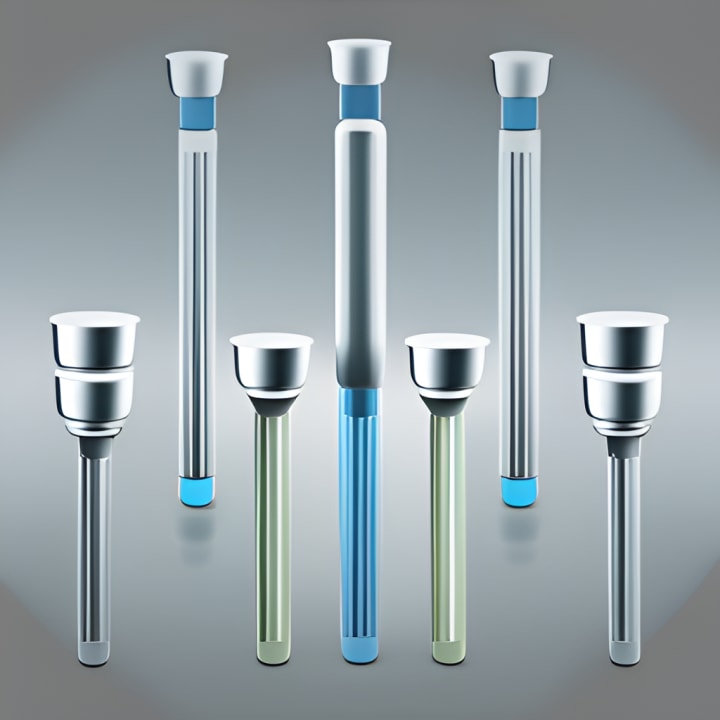The Battle of Ideas: Exploring the Most Controversial Scientific Debates
Part III: The Ethics of Animal Testing

Introduction
Science is a dynamic field that constantly evolves through debates and discussions. Some debates become particularly controversial, capturing widespread attention and sparking intense disagreements among scientists and the general public. In this presentation, we will delve into one of the most contentious scientific debates of our time: the ethics of animal testing. By examining this topic, we aim to gain a deeper understanding of the complexities of science and its profound impact on our world.
The Ethics of Animal Testing: An Overview
Animal testing has long been a subject of debate within scientific research. While proponents argue that it is necessary for advancing medical knowledge and developing new treatments, critics view it as cruel and unethical. Despite ongoing debates, animal testing remains prevalent in various areas of research, such as pharmaceuticals, cosmetics, and toxicology. It is estimated that millions of animals are used for testing each year worldwide.
The significance of animal testing lies in its ability to provide valuable insights into the effects of drugs and other substances on living organisms. By studying the responses of animals to different treatments, researchers can gain a better understanding of how these substances may affect humans. However, the use of animals in testing raises numerous ethical concerns. Some argue that subjecting animals to pain and suffering in the name of science is morally wrong, while others question the validity of using animals as proxies for humans. Overall, the issue of animal testing is complex and multifaceted, and it requires a thoughtful consideration of both its potential benefits and drawbacks.
Arguments in Favor of Animal Testing

Proponents of animal testing highlight its crucial role in advancing medical research. Animal testing allows scientists to test new treatments and potential cures before administering them to humans, ensuring their safety and effectiveness while reducing the risk of harm to patients. Countless breakthroughs in medicine, including the development of insulin for diabetes treatment, vaccines for polio and rabies, and treatments for cancer and HIV/AIDS, can be attributed to animal testing. Without animal testing, it would be significantly more challenging to develop these life-saving treatments and medications.
Arguments Against Animal Testing

One of the main arguments against animal testing is rooted in ethical concerns. Many people believe that animals have inherent rights and should not be used for human purposes, especially if such usage causes them pain or suffering. This argument is based on the notion that animals are sentient beings with their own interests and desires, which should be taken into account when making decisions about their use in scientific research. Another argument against animal testing questions its validity in predicting how drugs or other substances will affect humans. Animals differ from humans in physiological and genetic aspects, leading to the possibility of inaccurate results. Relying solely on animal testing may lead to the development of dangerous and ineffective treatments.
Alternatives to Animal Testing

Several alternatives to animal testing have emerged over time. In vitro testing, which involves testing on cells grown in a laboratory, allows researchers to study the effects of drugs and other substances on human cells without using animals. However, replicating the complexity of a living organism in a lab setting can be challenging. Another alternative is computer modeling, where researchers use computer simulations to predict how a substance will affect the body based on its chemical properties and other factors. In certain cases, computer modeling can be more accurate than animal testing, but it also has limitations and may not always provide reliable results. Human clinical trials, considered the gold standard for testing new drugs and treatments, involve human subjects under careful regulation and monitoring. However, these trials can be costly, time-consuming, and may not always be feasible for every type of research.
The Future of Animal Testing

Looking ahead, the future of animal testing will be influenced by new technologies. Advances in in vitro testing and computer modeling are already reducing the reliance on animal testing in some areas, and this trend is expected to continue. However, it is crucial to acknowledge that these alternatives are not yet perfect substitutes for animal testing, and further research is needed to ensure their safety and efficacy. Simultaneously, ethical considerations will continue to shape the use of animal testing. Public opinion has increasingly shown concerns about the welfare of animals used in scientific research, prompting scientists and policymakers to explore ways to reduce the number of animals used and improve their living conditions. Efforts include developing better methods for pain relief and anesthesia, as well as increased transparency and oversight of animal testing facilities. Balancing scientific progress with ethical considerations will be pivotal in shaping the future landscape of animal testing.
About the Creator
Dr. Fred Domezah
Join me on a captivating journey to unravel mysteries, explore scientific breakthroughs, and delve into the complexities of our planet. Get ready to be intrigued as I take you on an exciting voyage of knowledge and discovery.
Enjoyed the story? Support the Creator.
Subscribe for free to receive all their stories in your feed. You could also pledge your support or give them a one-off tip, letting them know you appreciate their work.






Comments
There are no comments for this story
Be the first to respond and start the conversation.